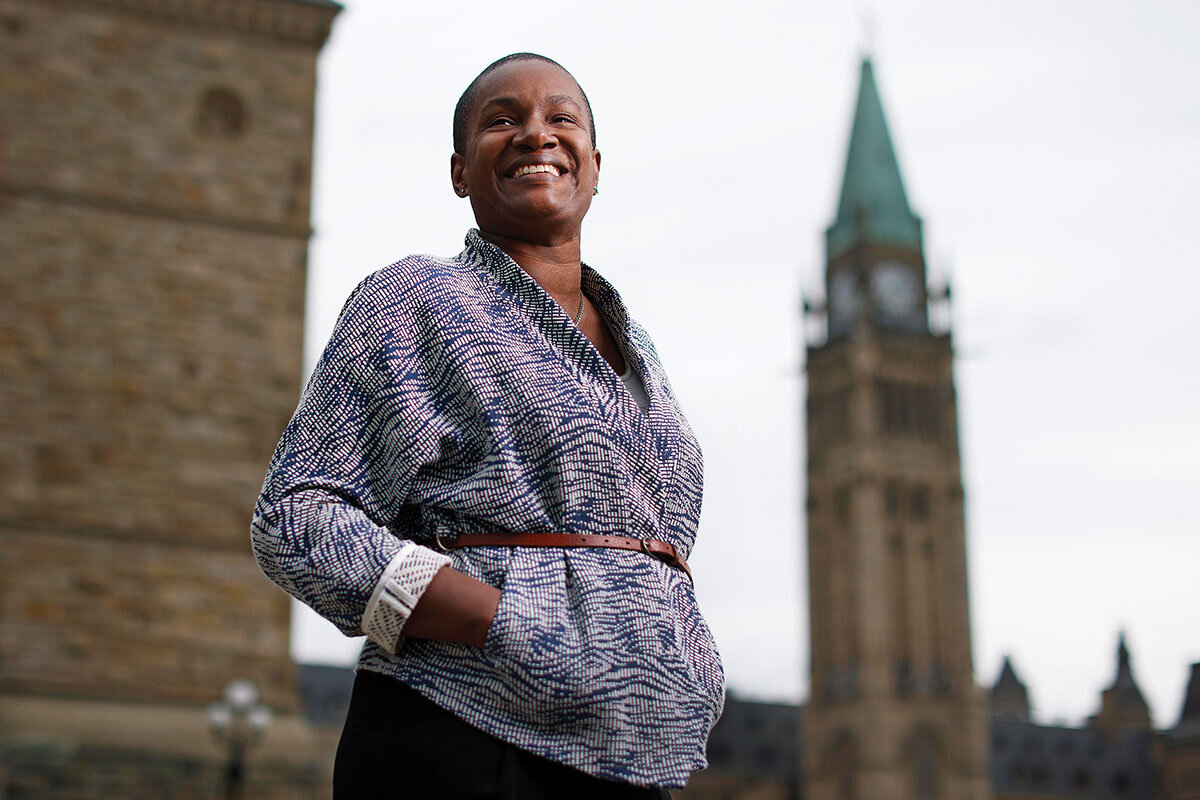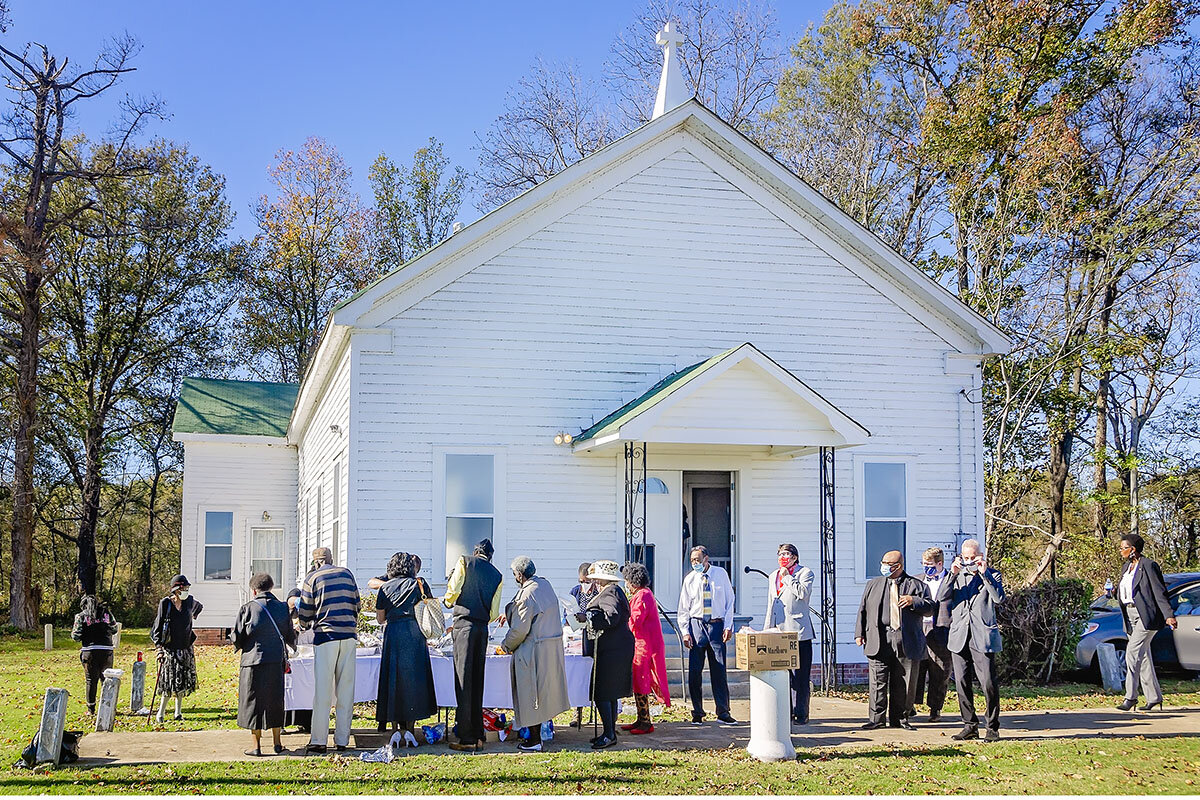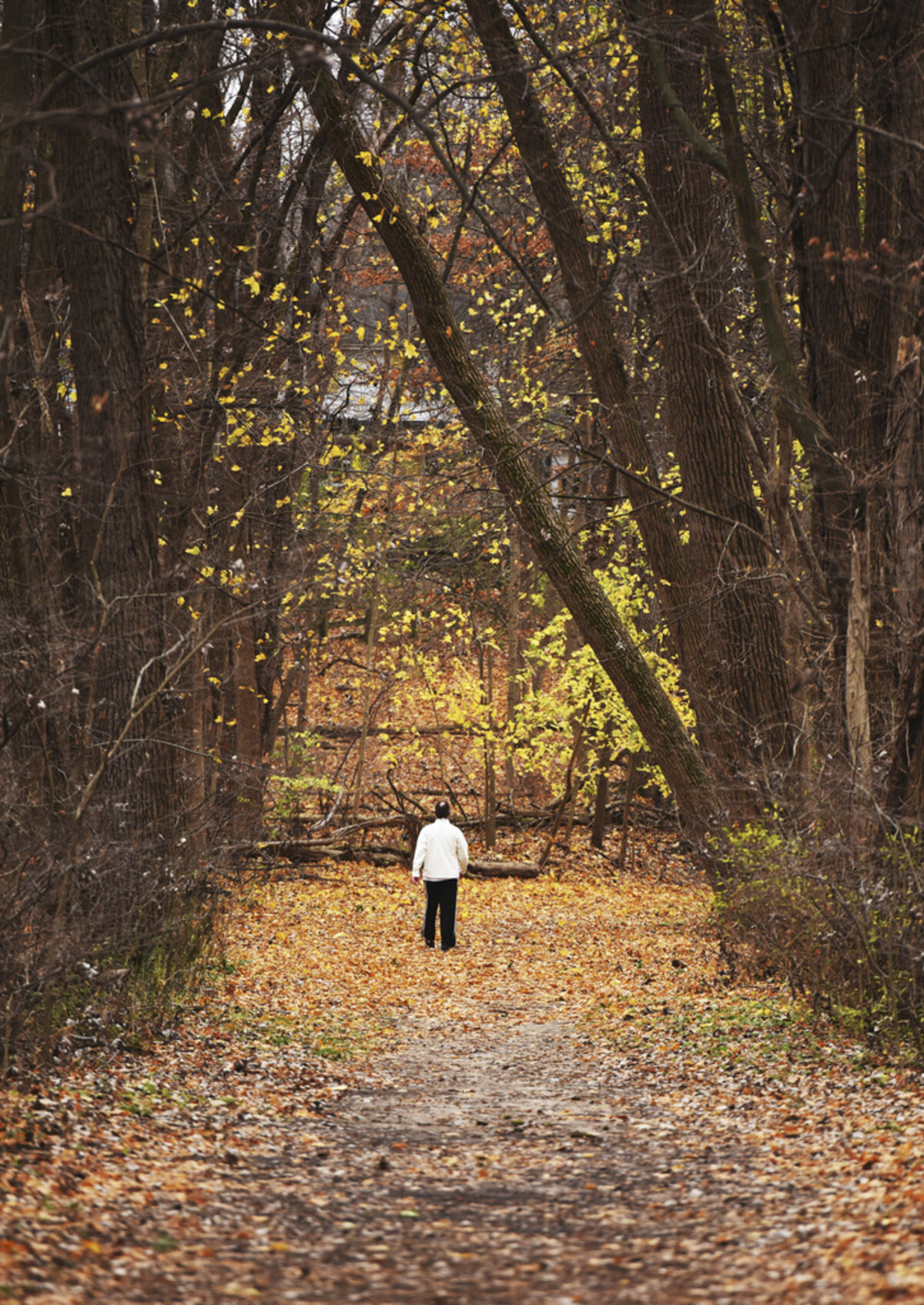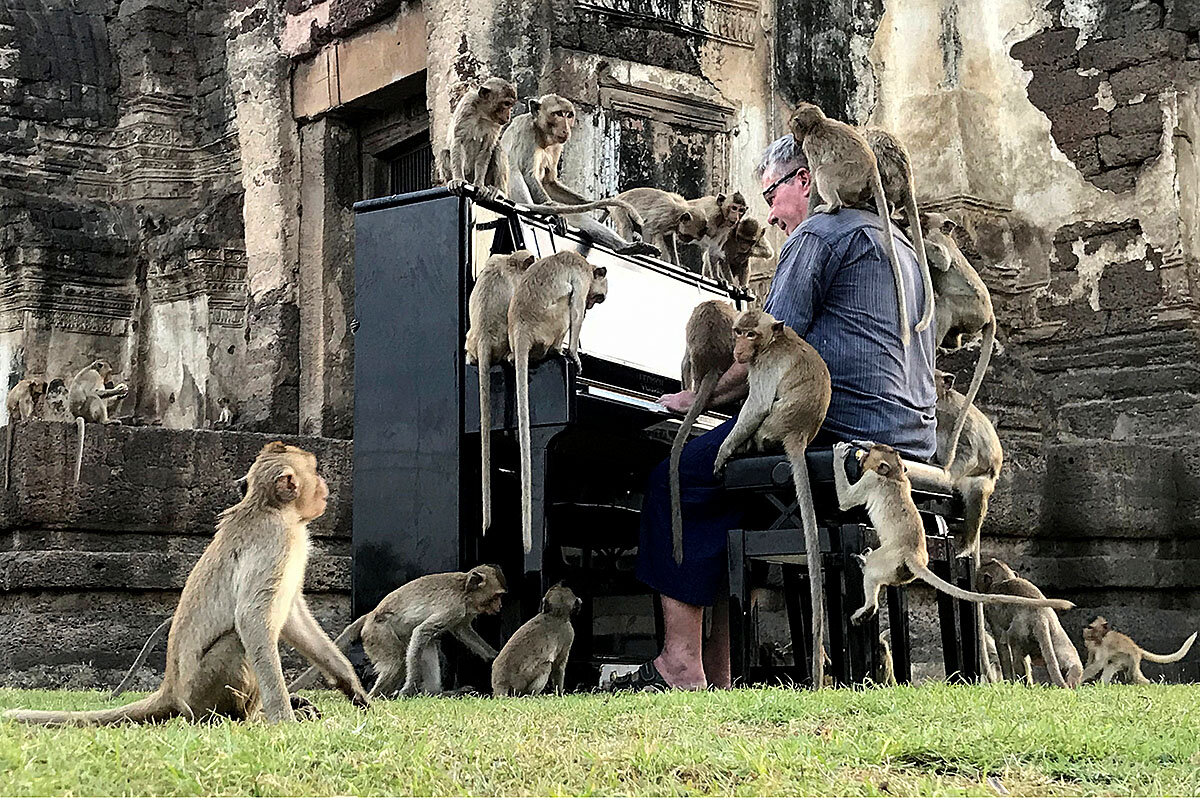It’s easy to think of spring as ideal for walking. In the Northern Hemisphere, where people are preparing for winter and awaiting the end of the pandemic, it may be time to go outside in the sunlight. A late fall trek has its own rewards.
In her book “Persuasion,” Jane Austen writes of “the tawny leaves and withered hedges” of the autumn season that draw “from every poet, worthy of being read, some attempt at description, or some lines of feeling.”
All kinds of outdoor activities, from camping to bicycling to mountain climbing, have proved popular with folks stuck inside for months. But none is so universal and available as walking, just putting one foot in front of the other as far as one wants to go. No special equipment is needed, beyond comfortable shoes.
Walking is as much a mental as a physical activity. “I know of no thought so burdensome that one cannot walk away from it,” wrote Danish philosopher Søren Kierkegaard. Great walks can yield great aha! moments or, at the least, a better sense of well-being.
In the United States, the rails-to-trails movement is just one effort to provide safe and even scenic places to walk. Many abandoned tracks have been turned into well-trod recreational assets. The Rails-to-Trails Conservancy counts 2,209 such trails that equal the circumference of the Earth. A report in July estimated trail use was 79% higher than in 2019.
In Britain, a project is underway to make sure historic walking paths don’t disappear. By poring over old maps, volunteers have discovered nearly 50,000 miles of footpaths that have disappeared from modern maps. That’s important because a law passed a few years ago imposes a deadline of 2026 to add the paths to official maps or the public will lose a right to walk them.
“It’s a race against time to save these paths that may have been there for hundreds if not thousands of years,” Jack Cornish, who heads the lost paths campaign for a charity called The Ramblers, told Reuters.
The rediscovered paths will add to a network of 140,000 miles of existing paths in England and Wales. Writer Virginia Woolf describes a rediscovered path in her diaries as one of her favorite walks. Others may have been in use as long as thousands of years ago, such as during the occupation of England by ancient Rome.
“For me, these paths are a part of our heritage as much as a big cathedral,” Mr. Cornish says.
Vehicle-free paths can serve many practical purposes. While some people walk, others ride a bicycle or jog in search of serious exercise. They measure their progress with Fitbits or similar tracking devices. Others seek a safe place to walk the dog or push a baby stroller. In some cases, trails are a car-free route to work or school.
For many walkers, the greatest gift is a chance to stretch both limbs and thinking. Old paths and new thoughts can make great companions.
 Mark Sappenfield
Mark Sappenfield












